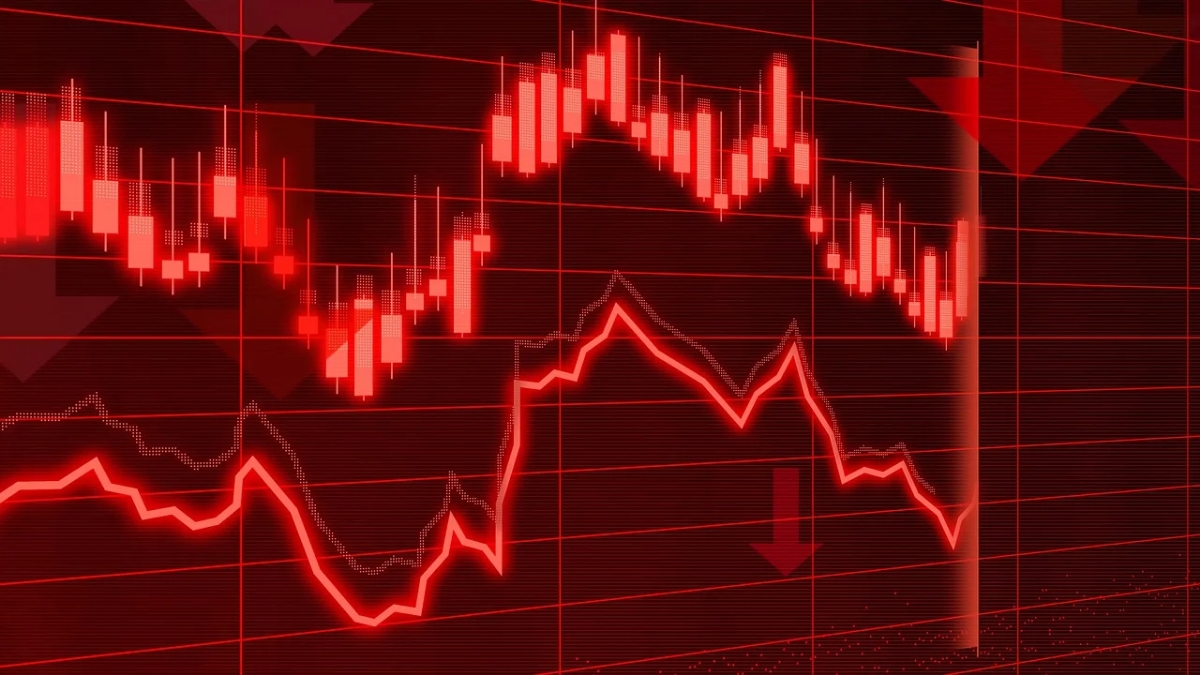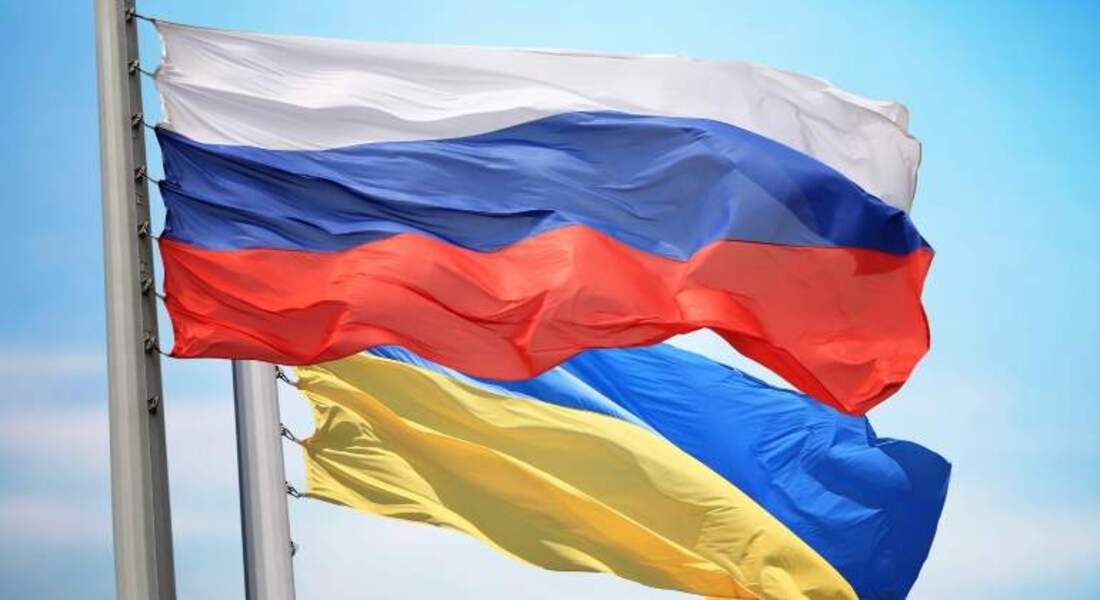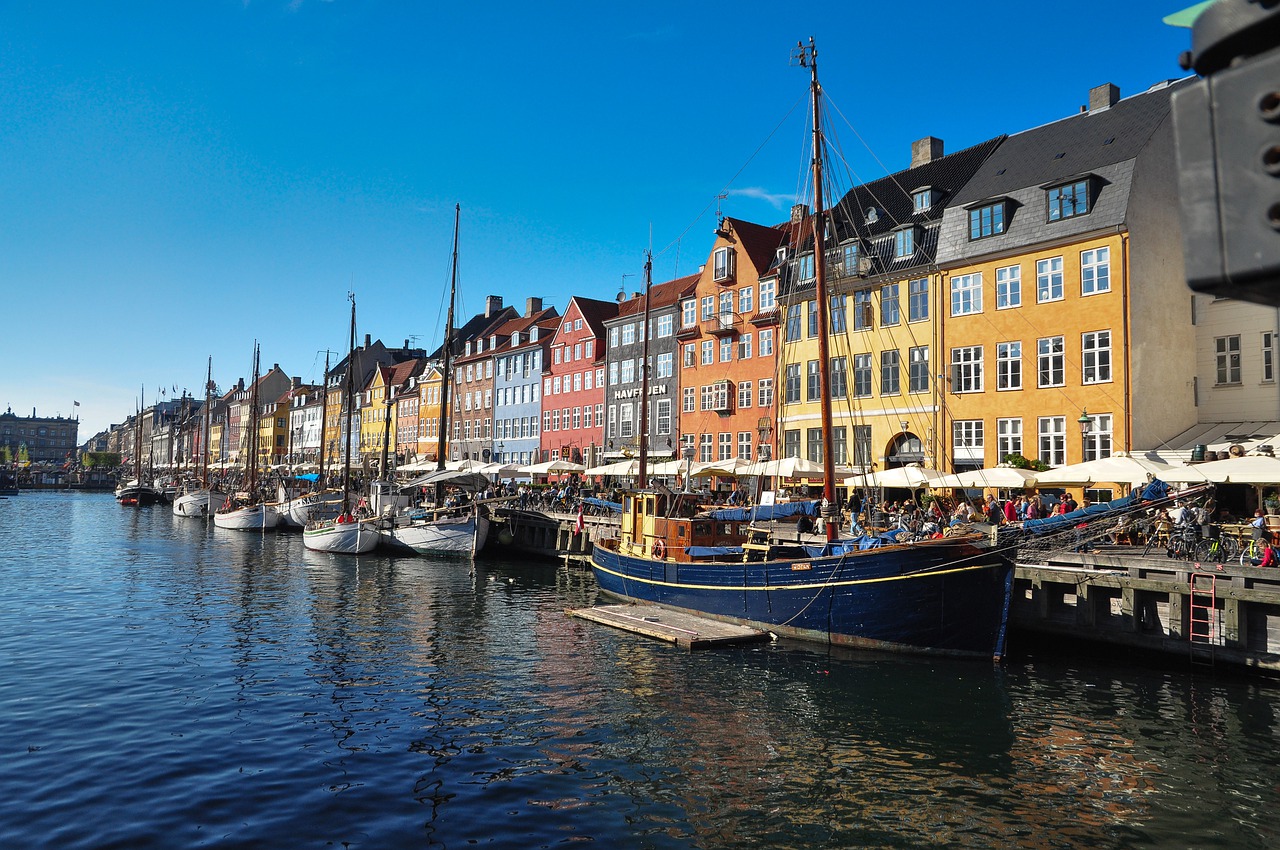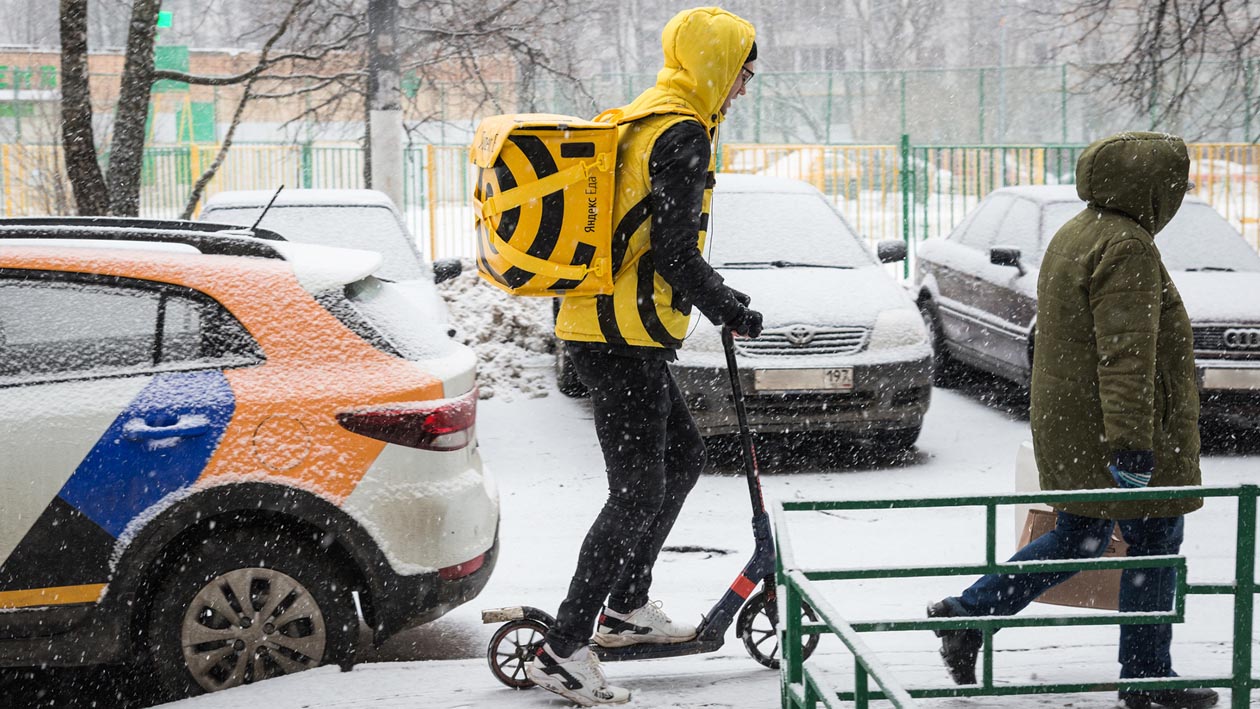Russian actions vs. Ukraine have European investors on alert
Geopolitical conflict between Russia and Ukraine is making institutional investors in Europe nervous, with some pension funds reducing their Russian holdings, and others watching closely. Read also Investors, governments act on Russia’s escalation in Ukraine The political situation that has been brewing since late 2021 escalated dramatically Feb. 24, when Russian troops invaded Ukraine. That prompted other countries, including the U.S. and the U.K. to impose increasingly strict sanctions against Russia, and the prospect of more from Canada, Japan and Australia. European...





